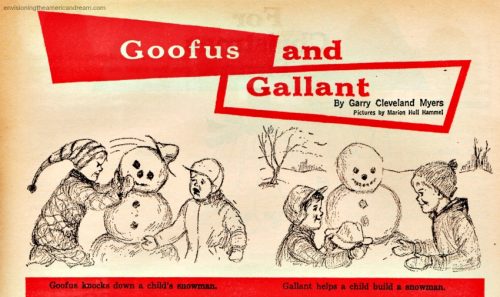Not very. The problem is that while the majority of science journals are legit and at least try to be honest, there are some that simply rubber-stamp submissions…and then charge a fee, of course.
Experts debate how many journals falsely claim to engage in peer review. Cabells, an analytics firm in Texas, has compiled a blacklist of those which it believes are guilty. According to Kathleen Berryman, who is in charge of this list, the firm employs 65 criteria to determine whether a journal should go on it—though she is reluctant to go into details. Cabells’ list now totals around 8,700 journals, up from a bit over 4,000 a year ago. Another list, which grew to around 12,000 journals, was compiled until recently by Jeffrey Beall, a librarian at the University of Colorado. Using Mr Beall’s list, Bo-Christer Björk, an information scientist at the Hanken School of Economics, in Helsinki, estimates that the number of articles published in questionable journals has ballooned from about 53,000 a year in 2010 to more than 400,000 today. He estimates that 6% of academic papers by researchers in America appear in such journals.
If 6% of papers in shoddy journals is 400,000 papers, that implies that almost 7 million papers are published each year. No wonder I can’t keep up. But still, 6% is a fairly low percentage, and as the article says, there are tools to evaluate journals. Cabell’s blacklist seems to require payment to access — and a rather hefty payment at that — so it’s only going to be accessible if you have an institutional subscription. Anyone can browse Beall’s list of predatory journals. All of these lists have pitfalls, some of them discussed in this review of Cabell’s.
Both sides profit from these unscrupulous journals — the publishers get money, and the academics get to pad their CVs, and you’re punished if you point that out.
But one academic has been prepared to stick his neck out and investigate his own institution. Last year Derek Pyne, an economist at Thompson Rivers University’s business school, in British Columbia, published a paper in the Journal of Scholarly Publishing, itself published by the University of Toronto Press. In it, he reported that many of the business school’s administrators, and most of its economics and business faculty with research responsibilities, had published in journals on Mr Beall’s blacklist. Dr Pyne also claimed that these papers seemed to further their authors’ careers. Of the professors who had published in the blacklisted journals, 56% had subsequently won at least one research award from the school. All ten instructors promoted to full professor during the study period had published in a journal on Mr Beall’s list.
By the way, Beall of Beall’s blacklist faced all kinds of pressure to stop, and the list is now maintained by someone who demands anonymity; Pyne also got in trouble.
Subsequently, Dr Pyne told school officials that an administrator up for promotion had published widely in blacklisted journals. This earned Dr Pyne an e-mail from the university’s human-resources department on June 15th, threatening him with disciplinary action for “defamatory language and accusations”. When asked, the university declined to comment.
So, apparently, if you’ve got a goofy pile of crap you want published as peer-reviewed science, there’s somebody somewhere who will oblige you. That makes an ‘experiment’ in which someone wants to discredit an entire academic field by getting garbage papers published somewhere rather pointless and inconclusive, don’t you think? You have to wonder what kind of twit would consider such an exercise meaningful.




